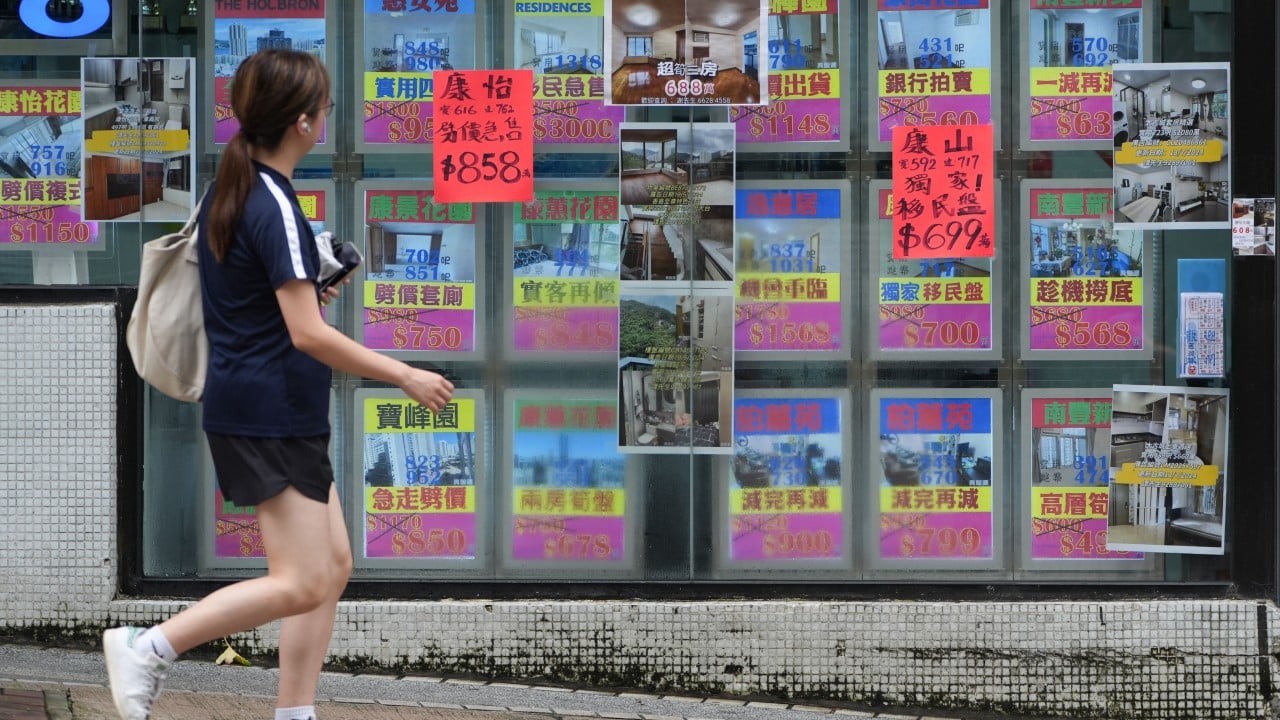Hong Kong needs all the help it can get. Since 2018, the city has suffered one shock after another, preventing a meaningful recovery from taking hold and fuelling concerns about its position as a global financial centre.
Advertisement
As an importer of US monetary policy with an economy that is far more synchronised with that of mainland China, Hong Kong has been the biggest casualty of economic and policy divergence between the world’s two largest economies, prompting renewed questions about the suitability of the city’s currency peg to the US dollar.
Yet, over the past few months, a confluence of domestic and external factors has given Hong Kong a much-needed shot in the arm. The escalation of the US-China trade war and the damage to the US’ safe haven status have provided a fillip to Hong Kong’s markets, partly by buttressing the city’s role as the leading offshore equity financing centre for mainland Chinese companies.
Proceeds from initial public offerings and secondary share sales in Hong Kong have reached US$26.5 billion so far this year, compared with just US$3.8 billion in the same period last year, data from Bloomberg shows. Former Morgan Stanley Asia chairman Stephen Roach, who last year said Hong Kong was “over” in part because of the intensification of the US-China conflict, said last week the city is benefiting from being mainland China’s “most important window to international finance”.
Furthermore, the sharp drop in the US dollar since US President Donald Trump’s inauguration, coupled with deeper concerns about the safety of US assets, forced the Hong Kong Monetary Authority to intervene aggressively to prevent the Hong Kong dollar from exceeding the upper end of its trading band against the greenback.
Advertisement
By unleashing a torrent of liquidity amid a surge in inflows into the equity market, the HKMA drove down interbank rates. One- and three-month Hibor – which serve as benchmark rates for most residential mortgage and corporate loans – have dropped to 0.6 and 1.7 per cent respectively, a three-year low.

